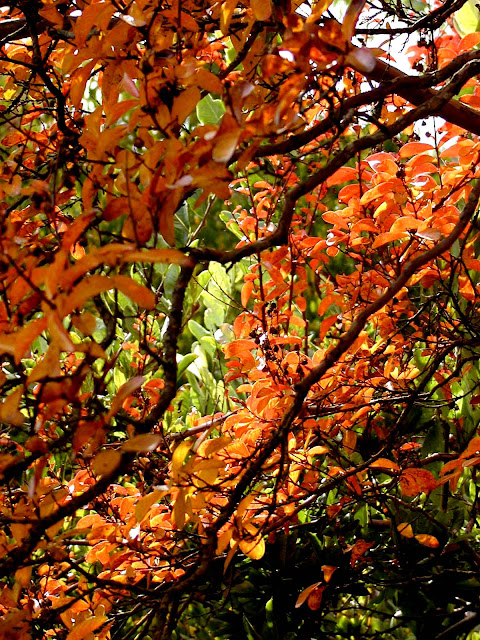We tend to misunderstand the nature,
and exaggerate the importance, of "time" and "space."
There are no such "things" (they do not exist in their own right):
these come into apparent existence, i.e. they "function"
only as a mechanism whereby events, extended spatially and sequentially,
may become cognizable.
They accompany events and render their development realizable.
In themselves they have no existence whatever. They are appearances,
and their apparent existence is deduced from the events they accompany
and render perceptible. They are hypothetical,
like the "ether," symbols, like algebra, psychic inferences to aid
in the cognizance of the universe we objectify,
and they neither preexist, nor survive apart from,
the events they accompany, but are utilized in function
of each such event as it occurs.
Where there is no event there is no need of "time" or of "space"
- and in their absence we are no longer in bondage-
for there is no one to believe that he is bound.
Time is only an inference, devised in an effort to explain growth,
development, extension and change, which constitute a further direction
of measurement beyond the three that we know
and at right-angles to volume; and "past," "present" and "future"
are inferences derived from this temporal interpretation
of the further dimension in which extension appears to occur.
All forms of temporality, therefore, are conceptual and imagined.
~ Wei Wu Wei
from Open Secret

































